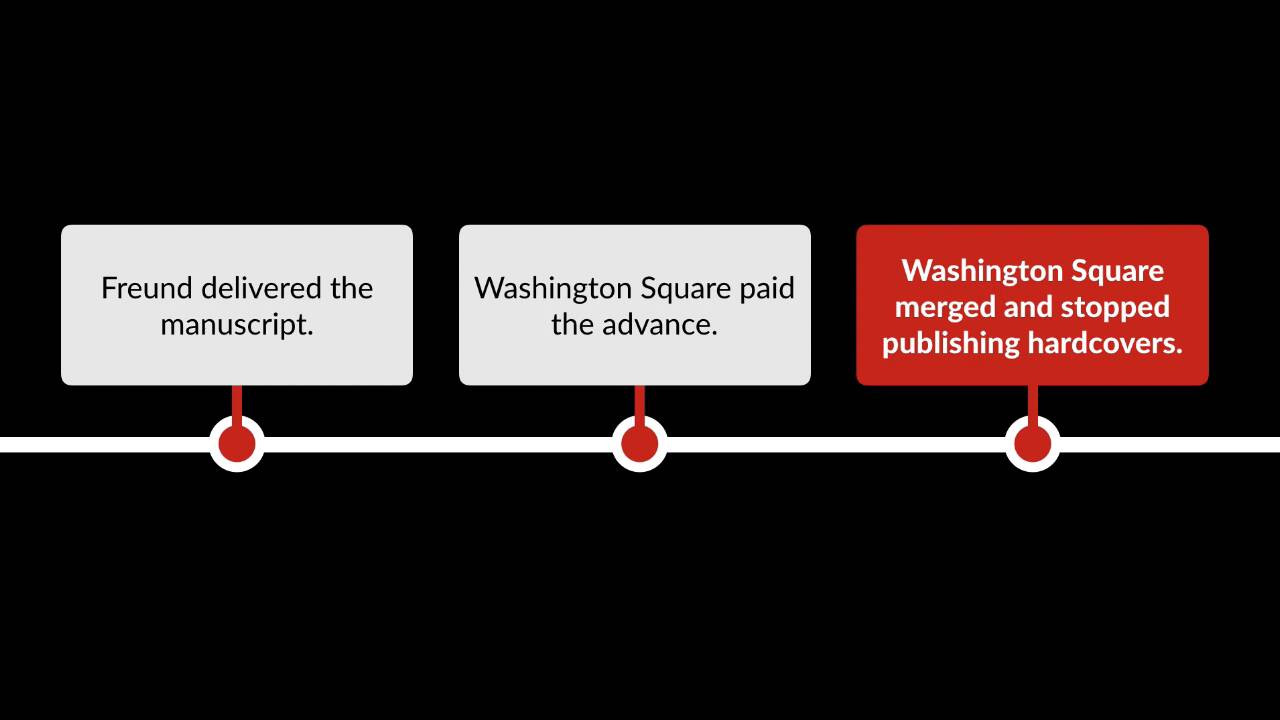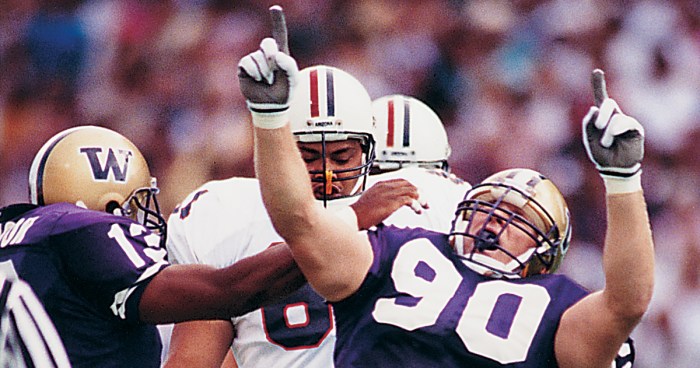Freund v. Washington Square Press, a pivotal case in the annals of copyright law, delves into the intricate interplay between freedom of expression and intellectual property rights. This case has left an enduring legacy, shaping the legal landscape for fair use and copyright protection.
At the heart of this case lies the unauthorized publication of a copyrighted manuscript, raising fundamental questions about the scope of copyright protection and the permissible limits of fair use. The court’s analysis in Freund v. Washington Square Press provides a roadmap for understanding the delicate balance between these competing interests.
Case Overview: Freund V. Washington Square Press

The case of Freund v. Washington Square Pressinvolved a copyright infringement lawsuit brought by the author of a book against a publisher who had used portions of the book in a compilation without permission. The plaintiff, Paul Freund, argued that the defendant, Washington Square Press, had violated his exclusive rights under the Copyright Act of 1909 by reproducing and distributing his copyrighted work without authorization.
The procedural history of the case began in 1967 when Freund filed a complaint in the United States District Court for the Southern District of New York. The district court granted summary judgment in favor of Washington Square Press, holding that the use of Freund’s work was a fair use of copyrighted material.
Freund appealed the decision to the United States Court of Appeals for the Second Circuit, which affirmed the district court’s ruling.
The legal issues at stake in the case centered on the scope of copyright protection and the application of the fair use defense. Freund argued that Washington Square Press’s use of his work was not a fair use because it was not transformative and did not add anything new to the original work.
Washington Square Press, on the other hand, argued that its use of Freund’s work was a fair use because it was used for educational purposes and did not harm the market for Freund’s book.
First Amendment Protections

The First Amendment to the United States Constitution protects freedom of speech and the press. These protections extend to the publication of copyrighted works, but they are not absolute. Copyright law provides authors with exclusive rights to reproduce, distribute, and create derivative works based on their copyrighted works.
However, the fair use doctrine allows for the unauthorized use of copyrighted material for certain purposes, such as criticism, comment, news reporting, teaching, scholarship, and research.
In Freund v. Washington Square Press, the Court held that the fair use defense applied to the publication of Freund’s work in a compilation. The Court found that Washington Square Press’s use of Freund’s work was transformative because it created a new work that was different from the original work.
The Court also found that Washington Square Press’s use of Freund’s work did not harm the market for Freund’s book.
Copyright Law
Copyright law grants authors exclusive rights to reproduce, distribute, and create derivative works based on their copyrighted works. These rights are intended to protect the economic interests of authors and to encourage the creation of new works. However, copyright law also recognizes the importance of fair use, which allows for the unauthorized use of copyrighted material for certain purposes.
In Freund v. Washington Square Press, the Court held that the fair use defense applied to the publication of Freund’s work in a compilation. The Court found that Washington Square Press’s use of Freund’s work was transformative and did not harm the market for Freund’s book.
This decision has been influential in subsequent cases involving fair use.
Impact of the Decision
The decision in Freund v. Washington Square Presshas had a significant impact on copyright law. The decision has been cited in numerous subsequent cases involving fair use, and it has helped to shape the way that courts interpret the fair use defense. The decision has also had a broader impact on freedom of expression, as it has helped to protect the rights of authors to use copyrighted material for educational and other non-commercial purposes.
User Queries
What was the key issue in Freund v. Washington Square Press?
The key issue was whether the unauthorized publication of a copyrighted manuscript constituted a fair use of the copyrighted work.
How did the court rule in Freund v. Washington Square Press?
The court ruled that the unauthorized publication was not a fair use of the copyrighted work and that the publisher was liable for copyright infringement.
What is the significance of Freund v. Washington Square Press?
Freund v. Washington Square Press is a landmark case that has had a significant impact on the interpretation of fair use and the scope of copyright protection.